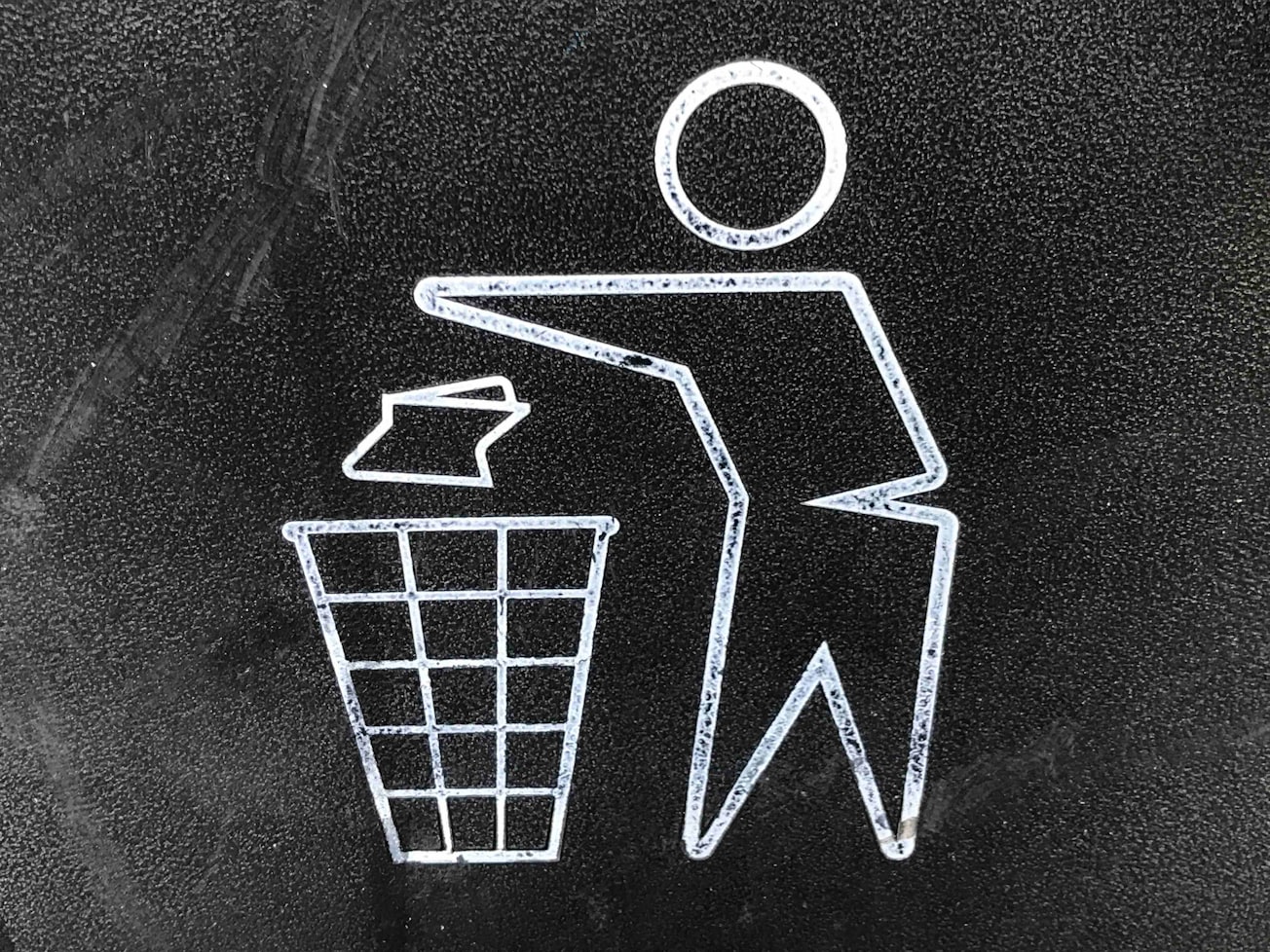What is it about?
The highlights of this paper are: Out-of-date yoghurt, dented cans, bruised fruit, curvy carrots - these products may be perfectly edible but they don’t meet customer expectations and are therefore considered waste. Could there be business-friendly alternatives to throwing these products away? One way that unsaleable products could be handled is via redistribution: (1) Internal: products are transformed and sold on fresh food counters or in-store restaurants; (2) social: products are collected by charities such as food banks; (3) Other: products are used for non-human consumption. Nevertheless, many store managers raised concerns about product liability and food safety. The administrative workload for putting redistribution processes in place could also be heavy – and some companies have strict rules about redistributing branded products as it could devalue the brand. However, most store managers foresaw few costs with social redistribution. Some thought it would save money as they would not have to remove packaging for waste disposal.
Featured Image

Photo by Gary Chan on Unsplash
Why is it important?
In terms of practical implications, this research recommends that retailers should determine processes and partnerships for redistribution, including guidelines for staff and systems for measurement. The way stores deal with these issues could become a sustainability measure and performance indicator, potentially saving money for retailers as well as doing social and environmental good.
Read the Original
This page is a summary of: Unsaleable grocery products, their residual value and instore logistics, International Journal of Physical Distribution, July 2016, Emerald,
DOI: 10.1108/ijpdlm-11-2014-0285.
You can read the full text:
Contributors
The following have contributed to this page







